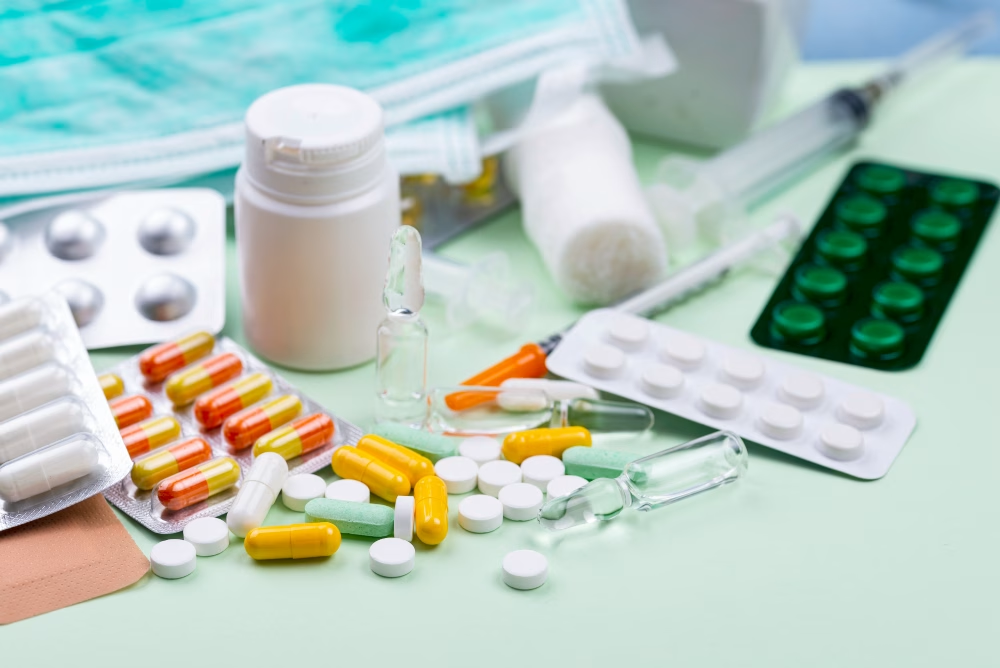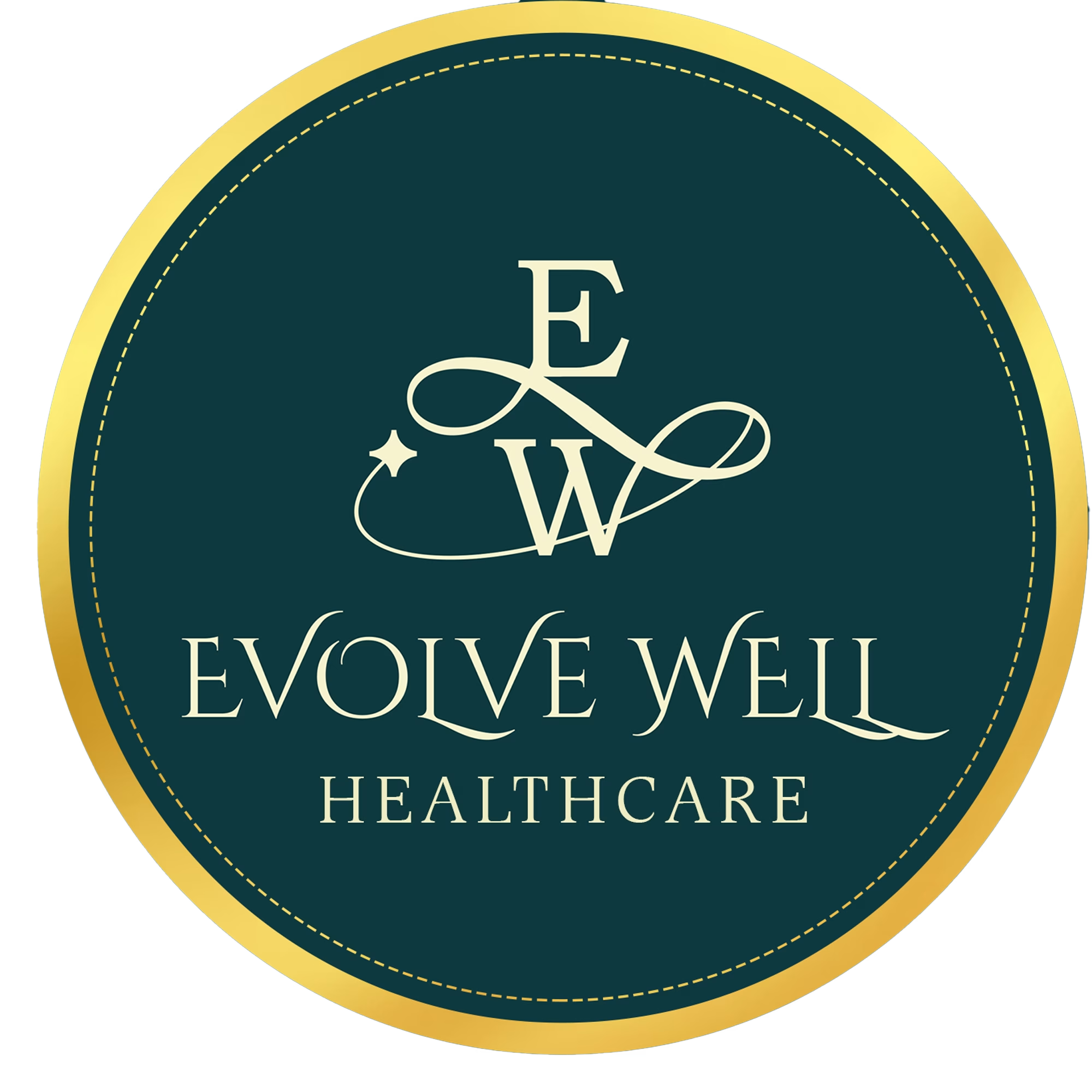- Stomach Ache / Digestive Health
- Allergy Relief
- Bacteria , fungal,Protozoal Infections
- Bone, Joint and Muscle Aches
- Brain And Nervous System Disorder
- Cold, Cough and Flu
- Diabetes
- Ear Care
- Endocrine Disorders
- Eye Care
- First Aid and Bandages
- Hypertension
- Oral Care
- Pain Relief/ Management
- Reproductive Health
Top 10 Over-the-Counter Medicines You Should Always Have at Home

Introduction
A well-stocked home medicine cabinet can make all the difference during emergencies or everyday health concerns. Whether it’s a sudden headache, a minor cut, or the onset of flu symptoms, over-the-counter (OTC) medicines provide quick relief without the need for a doctor’s visit.
In this blog, we’ll explore 10 essential OTC medicines you should always have at home, why they matter, and when to use them safely.
1. Paracetamol (Acetaminophen)
Purpose: Pain relief and fever reduction
Why it’s essential: Paracetamol is a versatile medication that treats headaches, fevers, mild muscle aches, and more. It’s generally safe for most people, including children (with the right dosage).
Tip: Avoid taking it with alcohol, and follow dosage instructions carefully to prevent liver damage.
2. Ibuprofen
Purpose: Anti-inflammatory, pain relief
Why it’s essential: Useful for toothaches, joint pain, period cramps, and fevers. It also reduces swelling.
Tip: Take after meals to avoid stomach irritation. Avoid if you have ulcers or kidney issues.
3. Antihistamines (e.g., Cetirizine, Loratadine)
Purpose: Allergy relief
Why it’s essential: Whether it’s a sudden skin reaction, sneezing, or itchy eyes, antihistamines quickly ease allergy symptoms.
Tip: Choose non-drowsy options for daytime use.
4. Oral Rehydration Salts (ORS)
Purpose: Rehydration during diarrhea or vomiting
Why it’s essential: ORS helps restore lost fluids and electrolytes, especially in children and the elderly.
Tip: Keep extra sachets on hand during hot weather or travel.
5. Antacids (e.g., Magnesium Hydroxide, Calcium Carbonate)
Purpose: Relieve heartburn, acid reflux, and indigestion
Why it’s essential: Indigestion is a common issue. Antacids offer immediate relief by neutralizing stomach acid.
Tip: Avoid overuse to prevent constipation or diarrhea.
6. Cough Syrup (Dry & Productive Cough Types)
Purpose: Relieve coughs and throat irritation
Why it’s essential: Having both dry cough suppressants and expectorants for wet cough ensures you’re covered.
Tip: Choose alcohol-free versions for children.
7. Decongestants (e.g., Pseudoephedrine or Nasal Sprays)
Purpose: Relieve blocked nose and sinus pressure
Why it’s essential: Fast-acting relief during colds and allergies.
Tip: Use nasal sprays only for short periods (3–5 days) to avoid rebound congestion.
8. Antiseptic Solution (e.g., Hydrogen Peroxide, Savlon)
Purpose: Clean wounds, prevent infections
Why it’s essential: Crucial for treating cuts, scrapes, or insect bites at home.
Tip: Pair with sterile gauze and bandages in your first-aid kit.
9. Anti-diarrheal (e.g., Loperamide)
Purpose: Control sudden diarrhea
Why it’s essential: Great to have on hand during food poisoning or travel bugs.
Tip: Use only for short-term symptoms; always rehydrate with ORS.
10. Multivitamins
Purpose: General wellness and immune support
Why it’s essential: Fill in dietary gaps and boost energy, especially during recovery or flu season.
Tip: Choose age-appropriate formulations (kids, adults, elderly).
Bonus Essentials for Your Home Kit
Digital thermometer – to monitor fevers
Tweezers & scissors – for minor injuries
Plasters/bandages – for cuts and wounds
Cotton wool & gloves – for hygiene during treatment
Safety Tips for OTC Medicines
Always read labels before use
Store medicines away from children and heat
Don’t combine similar medications (e.g., paracetamol + cold meds) without checking ingredients
Check expiry dates regularly
If symptoms persist, consult a doctor
Final Thoughts
Your health doesn’t wait for the pharmacy to open. Having these top 10 OTC medicines at home empowers you to manage everyday health concerns with confidence and speed. When properly stocked, your medicine cabinet can be a first line of defense — from fevers and allergies to cuts and tummy troubles.

